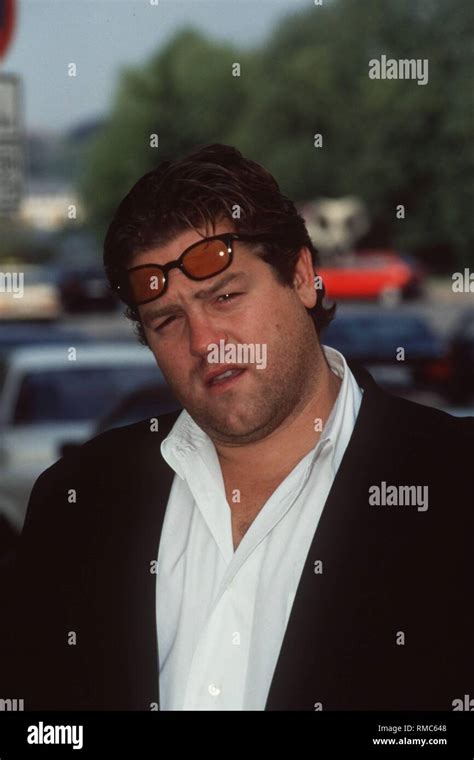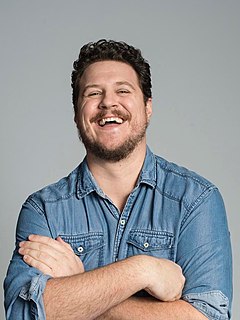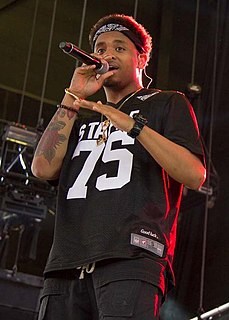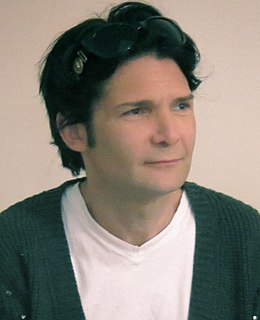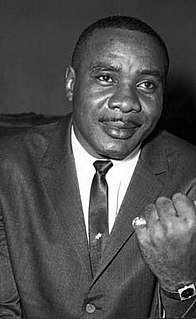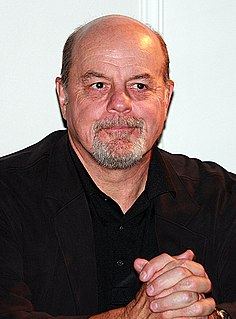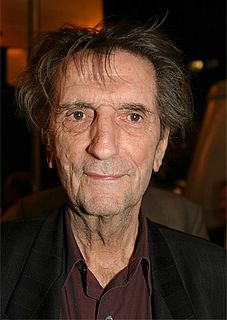A Quote by Jim Butcher
Most of the bad guys in the real world don't know that they are bad guys. You don't get a flashing warning sign that you're about to damn yourself. It sneaks up on you when you aren't looking.
Related Quotes
Many intellectuals in America and in Europe, they are in the habit of taking sides: who are the bad guys? who are the good guys? They launch a demonstration against the bad guys, sign a petition in favor of the good guys, and going to sleep feeling well about themselves. This is not the case here. The Israeli-Palestinian conflict is a tragedy; it is a clash between right and right.
My general philosophy of playing bad guys, which I've sort of done, you know, half the time is, you know, very few people who we view as bad guys get out of bed and think, 'What evil, terrible thing am I going to do today?' Most people see their motivations as justified - as, you know, justifying whatever they do.
I always tried to play the bad guys as guys who didn't know they were bad guys. There are villains we run into all the time, but they don't think they are doing anything wrong. If they do, they think they are cunning and smart. When people break laws and ethical rules, they justify it in their own terms.


